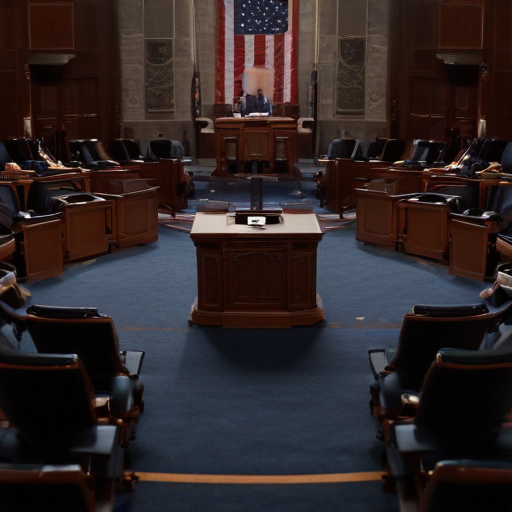Tulsi Gabbard has overcome a significant hurdle in her nomination as President Trump’s director of national intelligence, as the Senate Intelligence Committee voted 9-8 to advance her nomination to the full Senate. This pivotal vote followed a day of shifting opinions among Republican senators, with some previous dissenters, such as Senator Susan Collins, expressing support after Gabbard addressed their concerns surrounding her vision to streamline the Office of the Director of National Intelligence.
The confirmation process has been complex, particularly following a challenging hearing on January 30, where Gabbard faced intense scrutiny regarding her past actions and statements. Notably, her prior interactions with Syrian President Bashar al-Assad and her position on Edward Snowden have garnered scrutiny. During the hearing, Gabbard was repeatedly pressed to label Snowden a “traitor,” a characterization she avoided, instead acknowledging that he “broke the law” but insisting that his disclosures revealed serious issues within U.S. intelligence practices.
Gabbard’s remarks about the Foreign Intelligence Surveillance Act (FISA) Section 702, which facilitates warrantless surveillance on foreign communications, highlighted her evolving stance on national security. She recognized its importance in protecting against threats but emphasized the need for civil liberties safeguards.
Additionally, Gabbard navigated concerns about her comments on international issues, clarifying her position on the war in Ukraine and reinforcing that she acknowledges Russia’s aggression. This nuanced stance aims to demonstrate her commitment to national security while addressing previous mentalities she held.
As the nomination moves to the wider Senate, Gabbard’s ability to unite some Republican senators, address their concerns, and clarify her positions may bolster her chances for confirmation. The upcoming votes will determine whether Gabbard can bridge divisions within Congress and secure a significant role in shaping U.S. intelligence policy.
In a time of increasing geopolitical tensions, Gabbard’s nomination highlights the importance of diverse perspectives in national security discussions. Regardless of political affiliation, fostering an open dialogue about intelligence practices and civil liberties could be a positive outcome of this nomination process.
